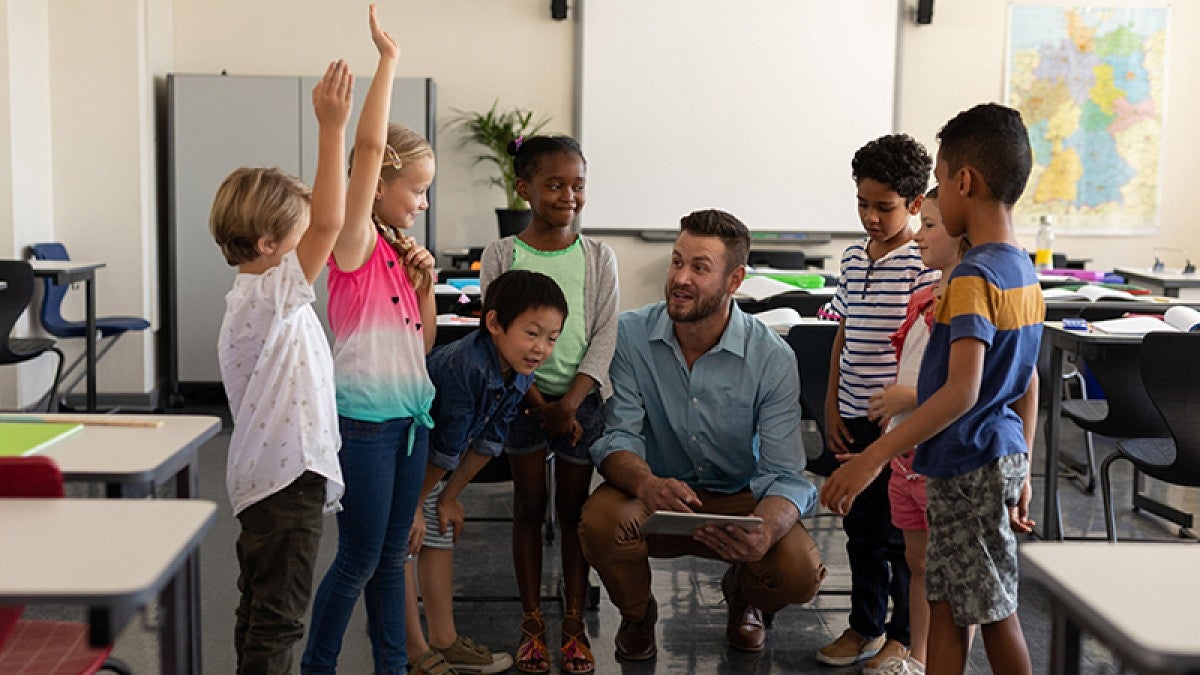Applications are now being accepted for the inaugural Undergraduate Scholars Program in the HEDCO Institute for Evidence-Based Educational Practice.
The program is for students interested in working in an innovative startup environment to develop skills in educational research, communication or stakeholder engagement. Students across all majors are encouraged to apply.
As part of the program, students will work with mentors at the HEDCO Institute on one of three focus areas: research reviews, communicating research with nonresearch audiences, and building relationships with nonresearch audiences, including teachers, school administrators and policymakers.
This yearlong program, which runs from January to December 2023, offers undergraduates the chance to gain research experience with real-world application. Scholars will learn about education-related jobs, best practices for science communication, and stakeholder engagement, including presenting research findings.
Unique to this program is the opportunity for students to gain both research and science communication skills that are crucial to being an effective educator and educational research-practice partner.
A new institute within the College of Education, the HEDCO Institute for Evidence-Based Educational Practice aims to train the next generation of students in advancing the field of education by translating the findings from existing research studies into accessible, easy-to-digest products that meet the rapid decision-making needs of K-12 education leaders.
Participating students will receive a $12,000 stipend to be distributed over the course of the calendar year. The program is open to all University of Oregon sophomores, juniors or seniors who will graduate on or after December 2023, and applications from all majors and areas of study are encouraged. No research experience is required.
Learn more and apply on the program’s website.
Applications are due Nov. 14, at 11:59 p.m. Applications are encouraged from women, racial and ethnic minorities, first-generation (“first to go”) students, and other individuals who are underrepresented across color, creed, race, ethnic and national origin, physical ability, gender and sexual identity, or any other legally protected basis.


